Optimal Water Treatment Timing
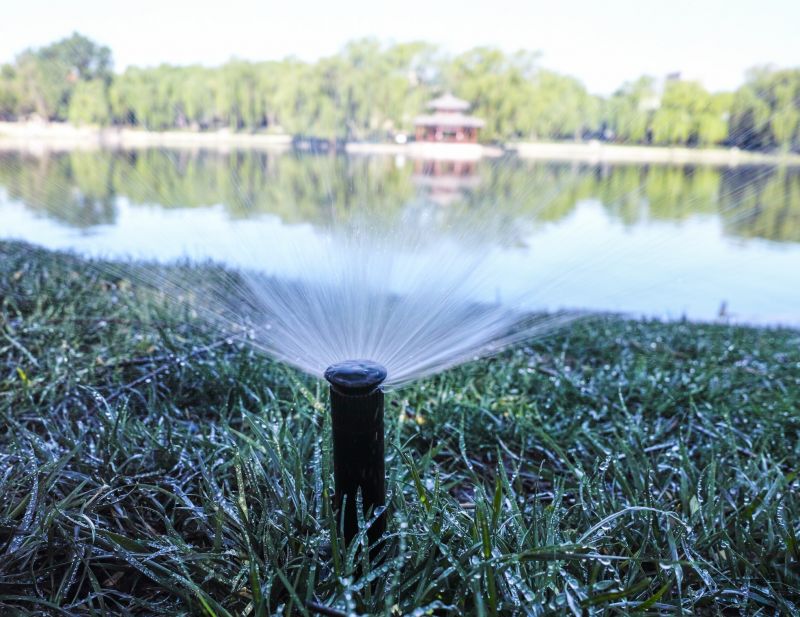
Spring is often recommended for water treatments to address seasonal water quality changes and prepare for the warmer months.
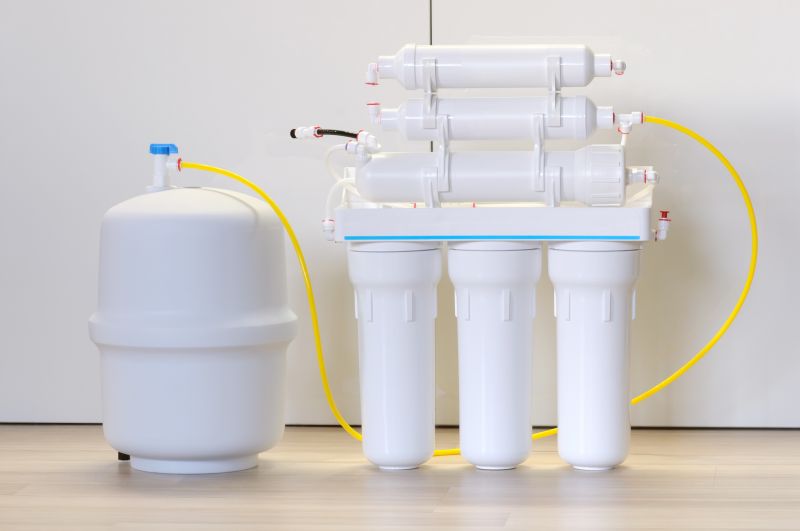
Treating water before peak usage seasons ensures optimal system performance and water quality during high demand.
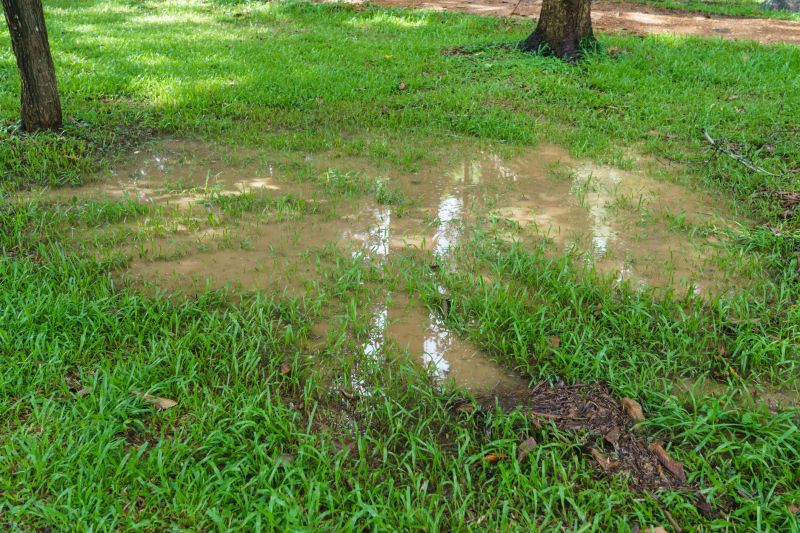
Following heavy rains, water sources may contain increased contaminants, making treatment crucial for safety.
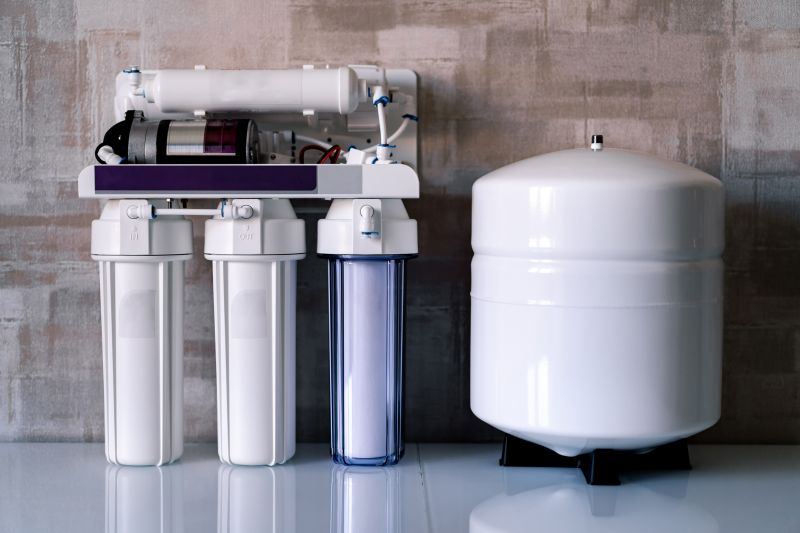
Scheduling treatments prior to system upgrades ensures equipment functions efficiently and prolongs lifespan.
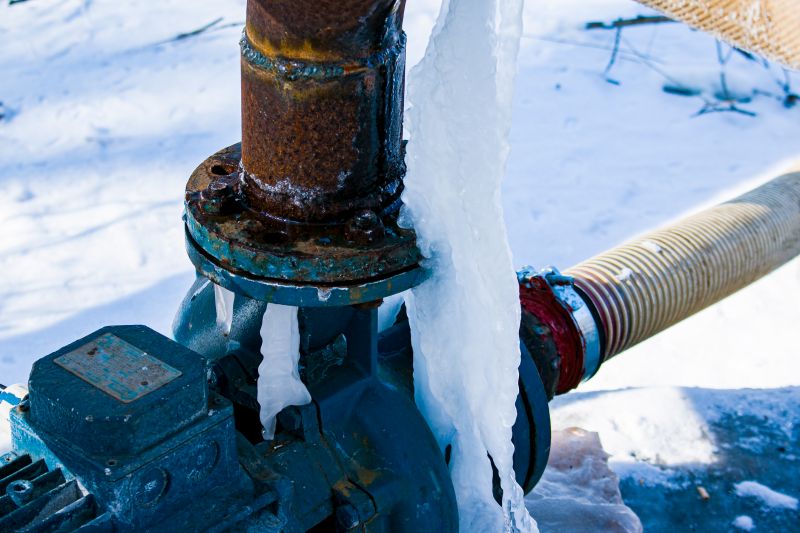
Preparing water systems for winter involves treatments that prevent freezing and build-up of mineral deposits.
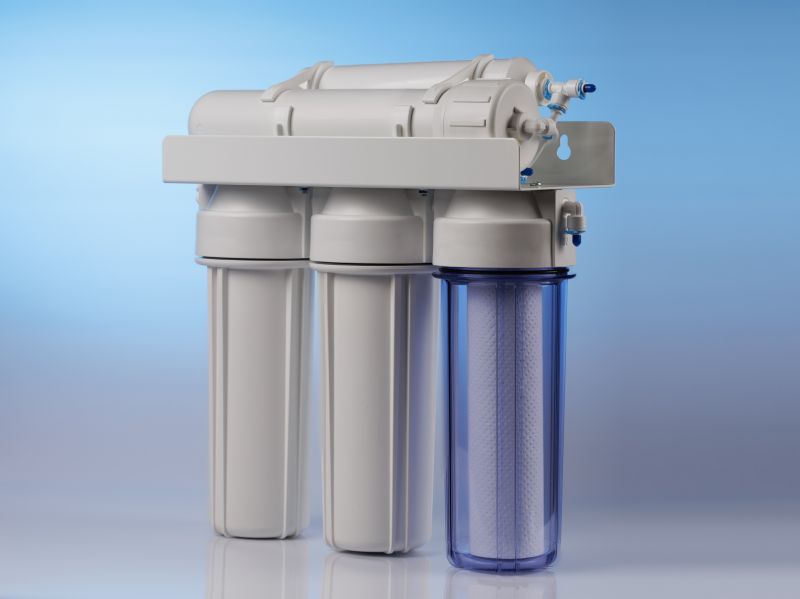
An annual water treatment ensures ongoing water quality and system efficiency.
Water treatments are essential processes designed to improve water quality by removing contaminants, adjusting pH levels, and preventing scale buildup. Proper timing of these treatments ensures effective results, prolongs equipment lifespan, and maintains safe water standards. Seasonal adjustments and timely interventions are key to managing water quality effectively.
Statistics indicate that untreated water can contain harmful levels of bacteria, minerals, and chemicals, which may pose health risks and cause damage to plumbing systems. Regular water treatments can reduce these risks significantly, with some studies showing up to a 90% reduction in water-related issues when treatments are performed proactively. Understanding the optimal timing for treatments helps in maintaining consistent water quality throughout the year.
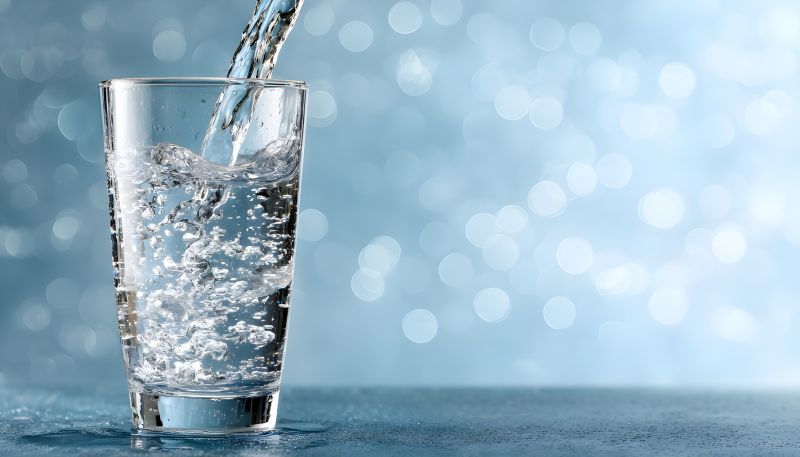
Advanced equipment ensures efficient removal of contaminants and improves water clarity.
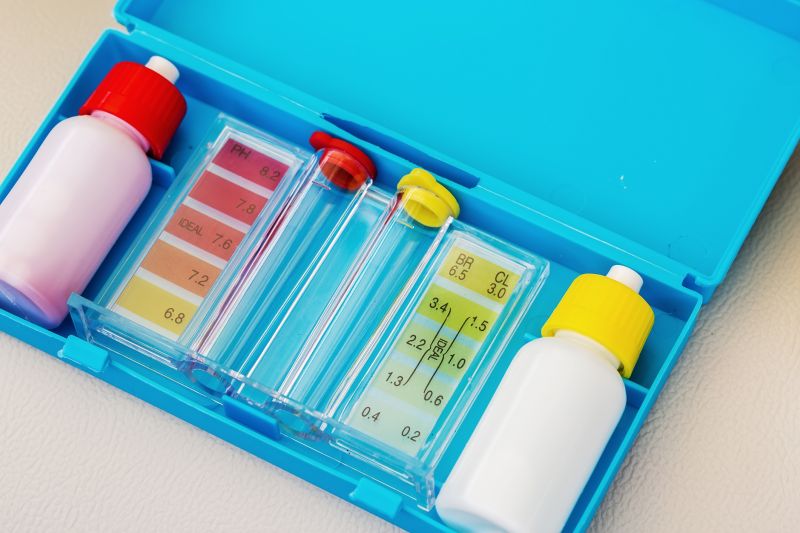
Proper dosing of chemicals like chlorine or pH adjusters enhances water safety.
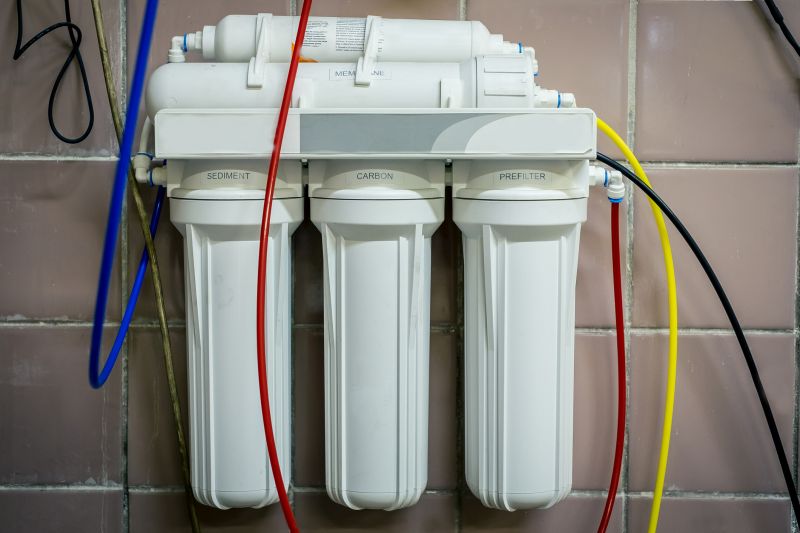
Filtration removes particles and impurities, improving taste and safety.
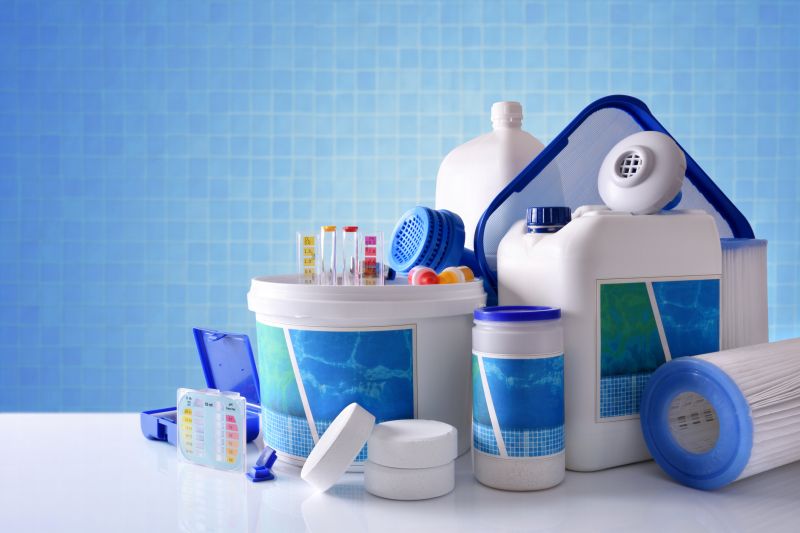
Regular testing helps determine the right timing for treatments and ensures water quality.
| Season or Situation | Recommended Treatment Timing |
|---|---|
| Spring | Begin treatments early to address winter residue and prepare for warmer months. |
| Pre-Summer | Schedule treatments before peak usage to ensure water quality. |
| Post-Rainfall | Treat water after heavy rains to remove increased contaminants. |
| Fall | Prepare water systems for winter by treating to prevent freezing and buildup. |
| During Water Quality Issues | Immediate treatment is necessary when contamination is detected. |
| Annual Maintenance | Perform yearly treatments to maintain optimal water quality. |
| Before System Upgrades | Treat water prior to upgrades for system longevity. |
| Before New Installations | Treat water to prevent buildup and ensure system efficiency. |
Ways to make Water Treatments work in tight or awkward layouts.
Popular materials for Water Treatments and why they hold up over time.
Simple add-ons that improve Water Treatments without blowing the budget.

